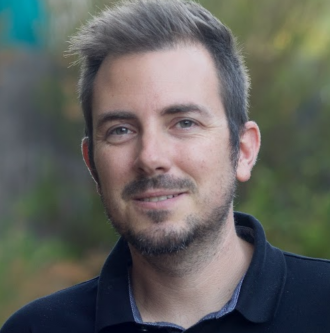Frederik Schulz
Biologist Staff Scientist

Building: 91, Room 0460B5
Mail Stop: 91R0183
Phone: (510) 495-8559
fschulz@lbl.gov
https://jgi.doe.gov/who-we-are/frederik-schulz
https://github.com/NeLLi-team
Links
Divisions
- Science Programs
Secondary Affiliation:
Environmental Genomics and Systems Biology
- Comparative and Functional Genomics
Biography
Frederik Schulz joined the DOE Joint Genome Institute in 2016 and is leading the New Lineages of Life Group. His research is focussed on the discovery of novel bacterial, archaeal and eukaryotic microbes and viruses in environmental sequence data. Schulz employs multi-omics (metagenomics, metatranscriptomics, single cell genomics and phylogenomics) and machine learning to find novel functions that may impact microbiome structure and biogeochemical cycles. He provides his expertise to the JGI user community and supports various user projects in the Microbial Program. In an LDRD-funded project, Schulz established a single-cell-based discovery pipeline and enrichment metagenomics for terrestrial protists. These approaches enable novel insights into the diversity and important ecological roles of microeukaryotes in terrestrial ecosystems. Additionally, Schulz is leading a DTRA-funded program on agnostic pathogen detection and surveillance in complex samples.
Research Interests
-
Microbial symbiosis
Giant viruses and other eukaryotic viruses
Protists
Pathogen agnostic detection
Strain-resolved sequencing
Programs & Initiatives
Recent Publications
Related News
Congratulations to Biosciences Area Director’s Award Recipients
Several Biosciences Area personnel are among the 2024 recipients of Berkeley Lab Director’s Achievement Awards. The program recognizes outstanding contributions by employees to all aspects of Lab activities.
A Tool to Find Nomadic Genes that Help Microbes Adapt
Researchers at the JGI develop a tool to quickly and accurately identify mobile genetic elements like plasmids and viruses.
Biosciences Area FY23 LDRD Projects
22 Biosciences Area scientists and engineers were awarded funding for their projects through the FY23 Laboratory Directed Research and Development (LDRD) program.



